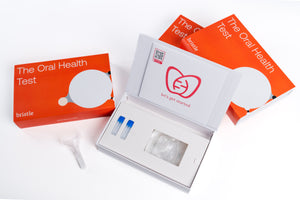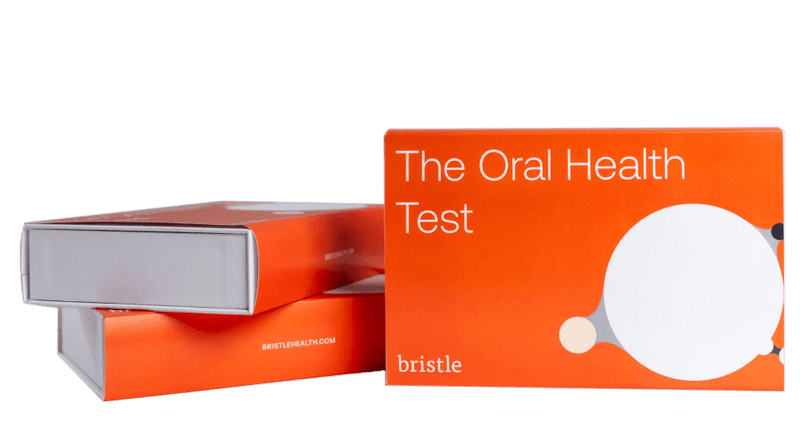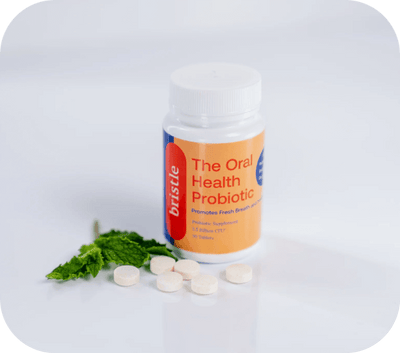What is oil pulling?
Oil pulling is an ancient oral health practice from the Ayurvedic Medicine tradition that claims to improve oral health by removing bacteria and other toxins. The method consists of swishing a tablespoon full of oil around the mouth for 15-20 minutes (though some only recommend a couple of minutes). It is recommended to oil pull in the morning on an empty stomach before cleaning with fingers or a toothbrush. After swishing for 15-20 minutes, the oil should be spat out to avoid swallowing the bacteria.
Proposed dental health benefits of oil pulling
Oil pulling has become a favorite topic of many wellness blogs and forums, citing beneficial effects such as whiter teeth, reduced bad breath, improved gum health, preventing tooth decay, clearer skin, and improvements in arthritis, migraines, hormone imbalances, skin conditions, and more.
How does the practice of oil pulling work?
Most oral diseases stem from an overgrowth of certain bacteria in our mouths. Some of the harmful bacteria produce acid that erodes the enamel in our teeth and causes cavities or tooth loss. Others cause damage to our gums and cause inflammation that leads to gum disease like gingivitis or periodontitis (read more: What is your oral microbiome?).
Oil pulling claims to activate certain enzymes (proteins) in our saliva, which remove "chemical toxins, bacteria toxins, and environmental toxins" to keep our mouth healthy[1]. Certain oils have differing antibacterial properties, such as lauric acid in Coconut oil, which reduce bacteria adhesion and accumulation in the mouth.
The most common types of oil for oil pulling are:
Literature review
It is good to be skeptical about practices that promise such wide-ranging benefits, so we looked into the scientific evidence to see if we could find any studies to back up the claims.
One 2008 study by Asokan et al. compared the effectiveness of a 10-minute oil pulling in removing S. Mutans, one of the bacteria responsible for cavities, against a 30-second rinse with chlorhexidine mouthwash. The study found that the chlorhexidine mouth wash showed a significant reduction in S. Mutans in all-time points measured (24hr, 48hr, 1 week, 2 weeks), while oil pulling showed reduction after 1 to 2 weeks [2].
Another study by Asokan in 2011 ran a trial of 10 adolescents comparing oil pulling and a chlorhexidine wash for halitosis (bad breath) and found "oil pulling therapy has been equally effective like chlorhexidine on halitosis and organisms, associated with halitosis." [3].
A more recent study by Gbinigie, et al. in 2015 reviewed randomized controlled trials (RCTs) to measure the effectiveness of oil pulling on dental hygiene and found that "at present, there isn't enough information about the benefits and potential harms of oil pulling to help us decide whether or not we should take on daily oil pulling, in addition to tooth brushing." They concluded that "future clinical trials should be more rigorous and better reported" [4].
This conclusion was supported by a study review in 2017 by Mythri, who analyzed 21 published scientific studies and found that only 6 had a proper study design. Reasons for rejecting the other 15 included misinterpretation of results from a small sample size[5].
From this, they concluded that based on a lack of evidence, oil pulling cannot be recommended to replace the standard oral hygiene regimen (brushing and flossing) but that it can be an effective supplemental aid.
Drawbacks and harmful side effects from oil pulling
Oil pulling is largely considered safe but can cause a sore jaw or headache from the rigorous, extended action of swishing the oil. If the oil is swallowed, it may lead to an upset stomach or diarrhea. There is also a possible tie to the health condition Lipid Pneumonia, which is caused when excess fat particles enter the lungs.
Conclusion
There is no clinical evidence to suggest that oil pulling should replace the recommended dental hygiene practice of brushing your teeth twice a day and flossing. Oil pulling may supplement a proper oral hygiene practice by removing food remnants that can be broken down with fat (fat-soluble), but most supportive claims are anecdotal to date. [6][7]
If done correctly, regular brushing and flossing have shown to be more effective in removing disease-causing bacteria and preventing cavities and gum disease. Daily brushing and flossing should not be painful and get easier after a short time. You can find our guide on how to properly brush and floss here.












